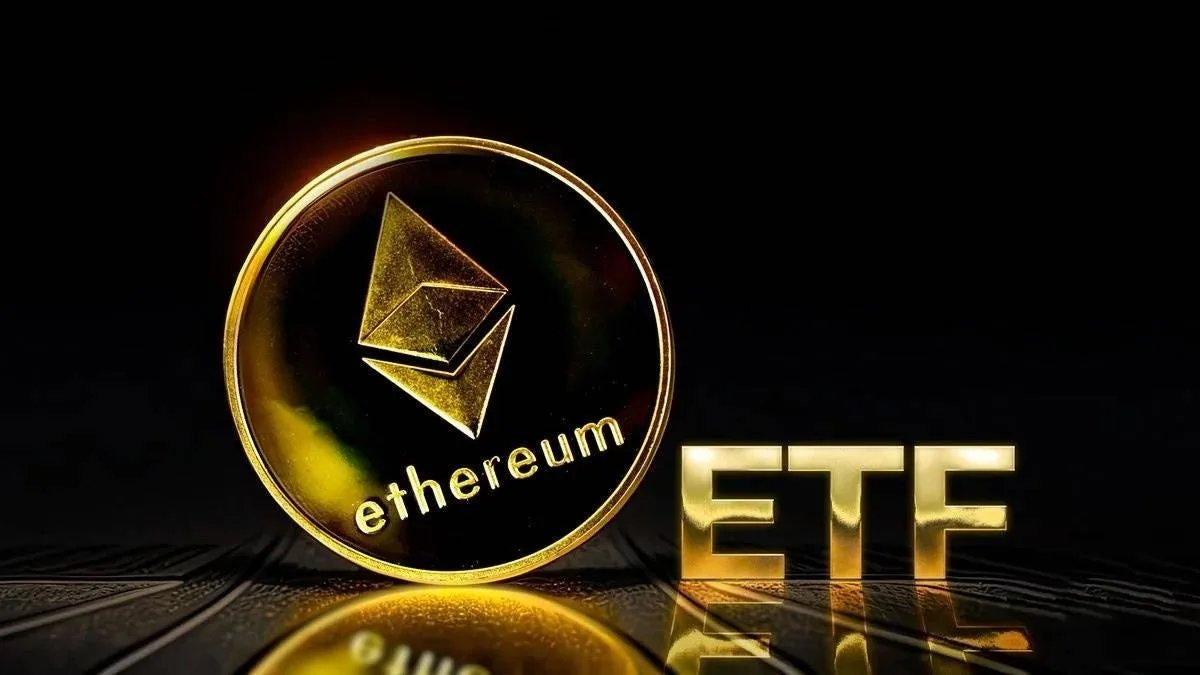|
Getting your Trinity Audio player ready...
|
Institutional investors may have to wait longer than expected for spot Ether ETFs, with a May deadline looking increasingly unlikely. Experts believe the inherently decentralized nature of cryptocurrencies like Ether is presenting a challenge for traditional financial institutions to develop internal strategies for managing these assets within an ETF framework.
“What makes it difficult for institutions to position themselves with cryptocurrencies is that they can’t manipulate the market in the same way they can with traditional commodities like gold,” says Robby Greenfield, CEO of smart money protocol Umoja.
This lack of familiarity with the crypto landscape is causing delays in the approval process for spot Ether ETFs. Major financial players like BlackRock, Grayscale, and Fidelity are all vying for approval, but the US Securities and Exchange Commission (SEC) has postponed decisions on several applications, including those from Hashdex and ARK 21Shares.
Greenfield believes approval is inevitable, but a delay is likely. “It’s just a matter of time,” he says. “The SEC’s perspective on Ether seems to be shifting towards classifying it as a commodity, which would pave the way for approval.”
The final deadlines for the SEC to decide on these applications range from May 23rd to August 7th, but recent delays suggest these deadlines might not be met.
Also Read: Ethereum Eyes Breakout in 2024: Dencun Upgrade, ETF Approval & Technicals Point to Upside
Beyond Ether ETFs, the broader DeFi (decentralized finance) space also faces hurdles to wider institutional adoption. Greenfield highlights the lack of infrastructure and user experience as significant barriers. “Large institutions won’t participate in DeFi unless there are strong processes and guarantees in place,” he explains. “Similarly, retail investors need a simpler user experience before they’ll feel comfortable entering the DeFi space.”
This lack of access to DeFi tools and strategies disadvantages retail investors, who hold the majority of global assets under management. ” Retail investors have the most money to invest but the fewest opportunities,” says Greenfield. Companies like Umoja are aiming to bridge this gap by providing retail investors with access to smart investment strategies.
The future of crypto adoption by traditional finance seems to hinge on overcoming these infrastructure and user experience challenges. While a delay in spot Ether ETFs is likely, it may ultimately pave the way for a more robust and inclusive crypto market for both institutional and retail investors.

The latest Crypto News on Blockchain, Crypto, NFTs, Bitcoin, DOGE, XRP, Cardano IOTA, SHIB, ETH, DeFi, and the Metaverse.




